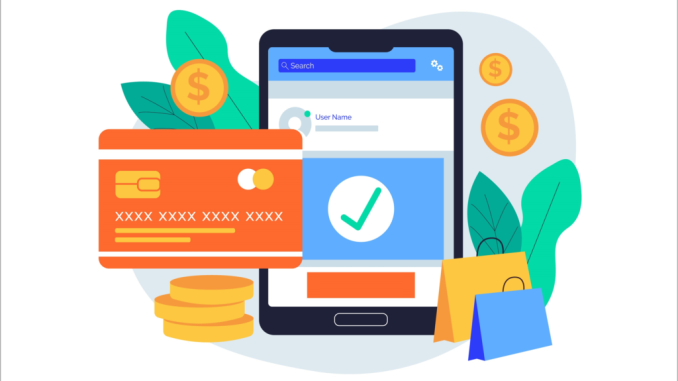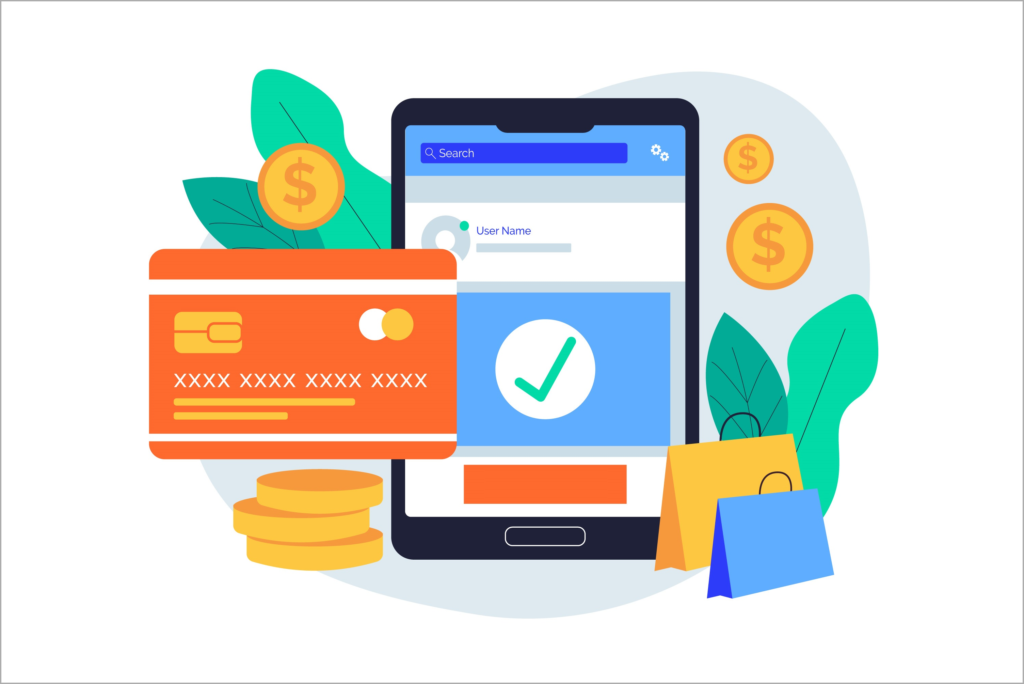

Chargebacks are a part of doing business. They can result from an error in processing payments or fraudulent activity. In some cases, a chargeback can take a longer time to resolve than a standard period. Here are some things to remember if you’re facing a chargeback.
Chargebacks Are A Natural Part Of Doing Business.
Chargebacks are a common part of doing business; most merchants would like to know how to stop chargebacks from encountering at some point. However, they can be prevented or minimized if small business owners are proactive. The first step in chargeback management is to understand the chargeback process.
A chargeback can occur for various reasons, including legitimate fraud, delivery issues, or miscommunication. It can also occur because a customer didn’t understand the refund process or its time limits. Sometimes, a customer may not want to go through the refund process, but they might want to get the money back anyway. Regardless of the reason, a chargeback can make a business owner’s life a whole lot more difficult.
They Can Occur Due To A Payment Processing Error.
Chargebacks may occur for various reasons, and to mitigate it, businesses should have a merchant chargeback protection system. A processing error can occur when the cardholder’s card number is invalid, or the transaction amount is incorrect. Another reason could be that the merchant failed to submit the transaction within the required time or if the cardholder’s account is not in good standing. In this scenario, the cardholder must dispute the chargeback. Whether a customer or the bank caused the chargeback, the situation is often not straightforward. However, a payment processing error can happen when the merchant makes a mistake while processing the transaction.
They Can Occur Due To Fraud
Fraudulent chargebacks can occur for a variety of reasons. Some are intentional, while others are the result of mistaken identity. Either way, a chargeback can drastically reduce your revenue.
Unusual orders are a red flag of fraud. Organized retail crime rings are known to order large amounts of products and then submit illegitimate chargebacks. The items are then resold at a 100% profit. If you notice an unusual order, immediately contact the cardholder to verify the purchase is legitimate.
They Can Be Raised For Longer Than The Standard Time Frame.
It is possible to have a chargeback raised for more than the standard time frame. For example, some banks allow chargebacks to be raised for longer than 120 days. This can happen if you haven’t provided all the required documentation or your incomplete response. In this case, contact the bank and ask to speak with a supervisor. You should also ask to speak with a manager rather than a clerk. Again, it is important to be prepared with documentation to defend against the charges against you.
They Can Lead To Fines.
Having too many chargebacks can be very costly for a small business. Not only can a merchant account be terminated, but banks and payment processors can assess fines and penalties. Chargebacks can also disrupt a business’ cash flow. As a result, they are a serious problem to avoid.
They Can Lead To The Termination Of A Merchant Account.
If your business has a high rate of chargebacks, your merchant account provider may cancel your account. Your chargeback ratio should generally be below 0.9% of your total transactions. However, your account could be terminated if your processing history shows a pattern of fraudulent transactions.
Fortunately, there are some ways to reduce chargebacks. First, work with your processor to get your chargeback ratio under control. You can also apply for a hold with your processor to protect against fraud.
